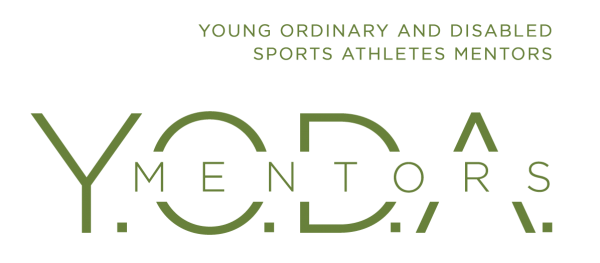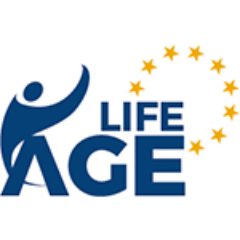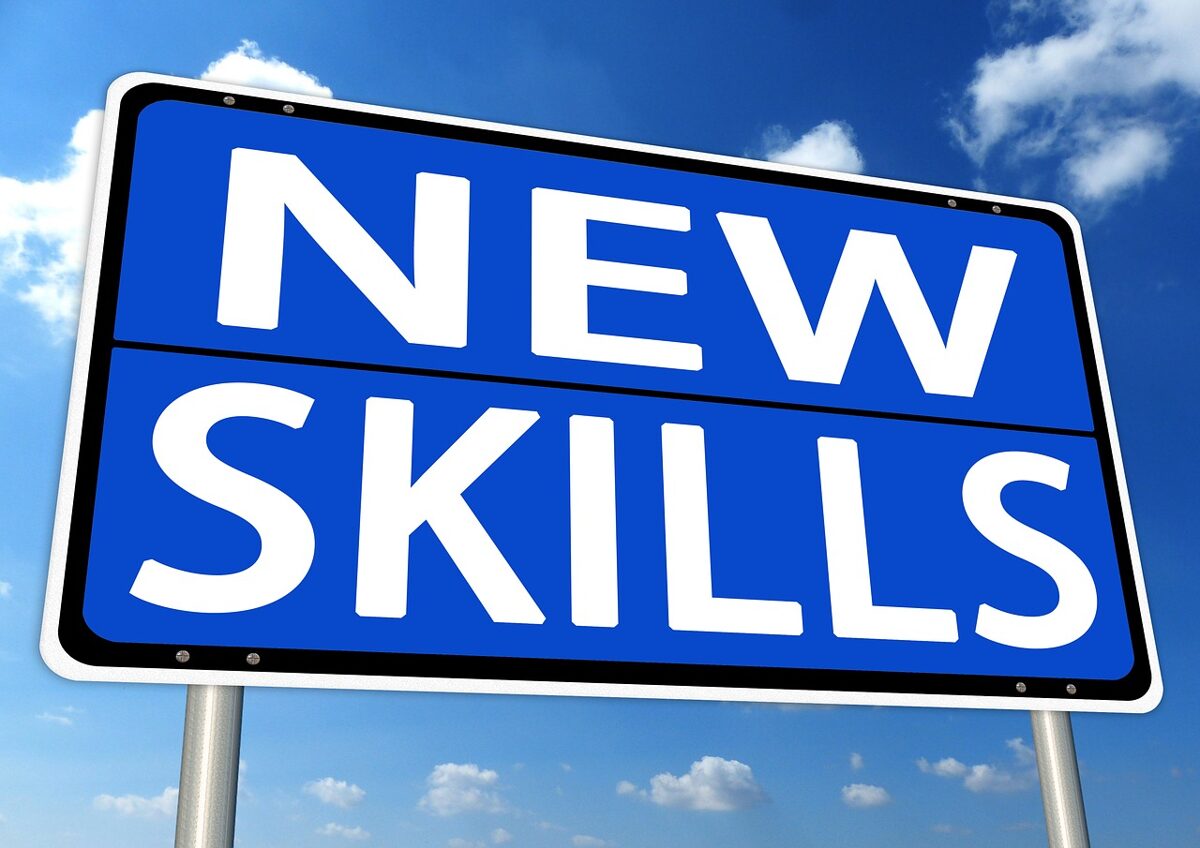We are happy to announce that NGO "Andara plus" will participate as full partner in the Erasmus+ project "TALENT DISCLOUSURE"!
Nowadays, in the era of information and images, youths are getting very easily distracted and have a hard way to channel down their focus towards a common goal. Exploring their hobbies and get disconnected from time to time from all their digital devices creates space for them to be more present and engage in real social interaction. An activity that contributes to improve focus and clarity is represented by juggling. This is a physical skill involving the manipulation of objects for recreation, entertainment, art or sport. It is perceived more as an activity done in circus, performed by trained people with years of experiences which created an image around juggling that it is almost impossible to be practiced by amateurs or merely as a hobby. However, in last years juggling transitioned from being only an activity performed professionally in order to entertain to have a social character, gathering people from disadvantaged environments and encourage them to work towards a common goal.
The benefits of practicing juggling are various, recent studies have shown that juggling boosts brain development. Research indicates that learning to juggle accelerates the growth of neural connections related to memory, focus, movement and vision. It helps young people that practice juggling to change their focus from a negative situation or their problems towards the present moment and give their best to improve their performance. When learning to juggle, one is immediately absorbed in the activity. It is almost impossible to think of anything but the task at hand. This makes it a great way to escape any worries, stress or hardships. In addition, it develops hand-eye coordination in ways that improve reaction time, reflexes, spatial awareness, strategic thinking, and concentration. This helps improve confidence as well as athletic ability. Nevertheless, juggling is egalitarian. It doesn’t discriminate by age, size, gender, or athletic ability. A ten-year-old is as likely to be a fantastic juggler as anyone else.
The specific objectives that we want to achieve by the end of the project are: 1. Explore talents in the field of juggling of 40 young participants from Romania, Czech Republic, Latvia, Hungary and Portugal by facilitating an international context of sharing experiences.2. Empower the participants (direct beneficiaries) to promote juggling for improving focus and confidence boost in their communities.
Besides that our experts are involved in the following Erasmus+ projects:
Entrance to future education

Entrance to future education (EFE) is all about highlighting teaching methods that activate, motivate, inspire and excite students, and help them to develop the skills required in the 21st century labour market. http://efe-project.eu/
Project Number: 2017-1-LV01-KA203-035485
Understanding, Learning and Improving Soft Skills for Employability
Soft skills, according to ESCO’s (European Skills, Competences, Qualifications and Occupations) definition, are the cornerstone for the personal development of a person; the building blocks for the development of the “hard” skills and competences required to succeed in the labour market. Success in the labour market is seen to be more and more dependent upon possessing the hybrid skills – technical and soft skills – that employers increasingly value. Soft skills can be distinguished into personal and interpersonal skills or interpersonal qualities and personal attributes that one possesses. This conceptualises soft skills in somewhat abstract terms and characterises them as innate. The idea on which this project is based sees soft skills as having “hard” component, which makes it possible to develop them by learning to use appropriate tools, procedures and methods. https://ulisseproject.eu/
Project Number: 2018-1-IT01-KA203-048286
More than Gold
Project goal is to contribute to the development of a dual career culture in Europe, the project aims to collect and systematize policies and best practices to develop Dual Career Guidelines and Methodologies for higher education institutions (HEI), especially in countries where Dual Career policy is at early stage. Thus, the MTG academic institutions from countries with partial (Italy) and limited (Latvia and Romania) dual career policies and services will profit from the experience of MTG universities of countries where dual career id well-established (Portugal and Spain). Furthermore, EAS will provide a broad European dual career experience.
Project Number: 603346-EPP-1-2018-1-LV-SPO-SCP
Young Ordinary and Disable sports Athletes Mentors
 Young Ordinary and Disabled sports Athletes’ MENTORS (YODA MENTORS) will be a pilot programme to contribute towards the establishment of a dual-career framework in participants’ organizations and countries, which could ultimately be scaled-up across the EU. The project opens the way for a new dialogue among mentors and student-athletes from different countries (Italy, Spain, Portugal, Greece, Latvia, and Lithuania) allowing for cross-border matching and thus expanding the range of experts available as mentors for athletes to find the perfect match, regardless of their country of residence. The strong relationship between mentors and athletes forged through the programme fosters networking in a way that would not be possible without such initiative.
Young Ordinary and Disabled sports Athletes’ MENTORS (YODA MENTORS) will be a pilot programme to contribute towards the establishment of a dual-career framework in participants’ organizations and countries, which could ultimately be scaled-up across the EU. The project opens the way for a new dialogue among mentors and student-athletes from different countries (Italy, Spain, Portugal, Greece, Latvia, and Lithuania) allowing for cross-border matching and thus expanding the range of experts available as mentors for athletes to find the perfect match, regardless of their country of residence. The strong relationship between mentors and athletes forged through the programme fosters networking in a way that would not be possible without such initiative.
Project Number: 603092-EPP-1-2018-1-IT-SPO-SCP
Promoting the shift sedentary Lifestyle towards active Ageing - LifeAge
 The proposed project titled LifeAge aims to contribute to raising awareness of the need for physical activity as the basis of healthy lifestyle by changing habits of adults and elderly. The reason for undertaking this project is to tackle the challenges of growing obesity and assess the health consequences of ageing and sedentary lifestyle among adults and elderly in developing countries involved in the project and to raise awareness about importance of active lifestyle and healthy nutrition in all project partner countries. This will be done by including mature adults (50 – 64 years and +65 years; primarily those who are overweight, obese, low strength, sarcopenia or with low level of physical activity) into regular sports activities accompanied by indoor and outdoor activities and workshops on healthy nutrition. It combines physical activity and balanced diet as the most effective way to increase general health, mental development and performance in Adults and Elderly and reduce the risk of chronic diseases, sarcopenia and low strength and functional capacity.
The proposed project titled LifeAge aims to contribute to raising awareness of the need for physical activity as the basis of healthy lifestyle by changing habits of adults and elderly. The reason for undertaking this project is to tackle the challenges of growing obesity and assess the health consequences of ageing and sedentary lifestyle among adults and elderly in developing countries involved in the project and to raise awareness about importance of active lifestyle and healthy nutrition in all project partner countries. This will be done by including mature adults (50 – 64 years and +65 years; primarily those who are overweight, obese, low strength, sarcopenia or with low level of physical activity) into regular sports activities accompanied by indoor and outdoor activities and workshops on healthy nutrition. It combines physical activity and balanced diet as the most effective way to increase general health, mental development and performance in Adults and Elderly and reduce the risk of chronic diseases, sarcopenia and low strength and functional capacity.
Project Number: 603121-EPP-1-2018-1-ES-SPO-SCP
